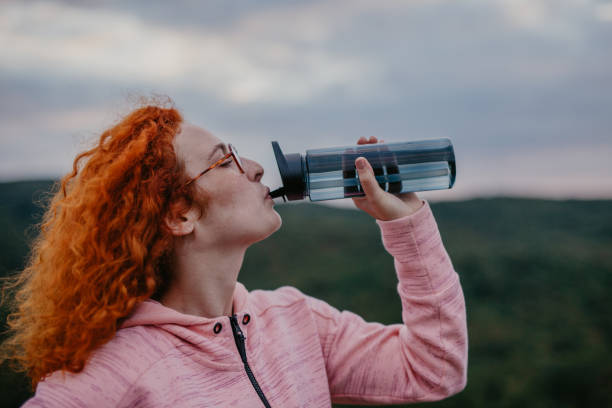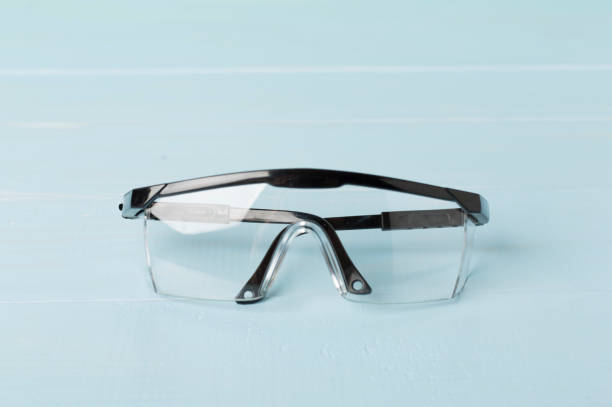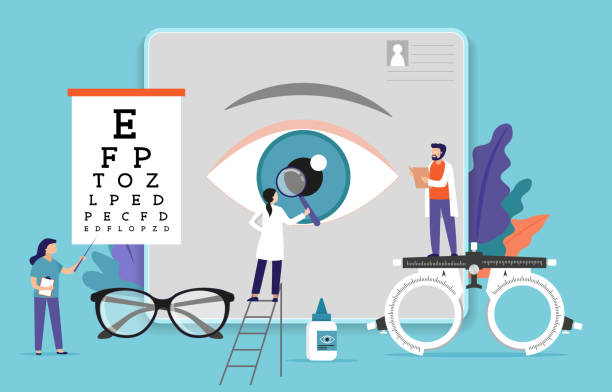As you age, caring for your eyes becomes even more important. While vision changes are a normal part of getting older, there are plenty of ways to protect your eyesight and lower the risk of common eye issues. In this blog post, we’ll share simple, effective tips to help you keep your eyes healthy for years to come.
Why Eye Health Matters
Your eyes are your window to the world. They help you stay connected, enjoy hobbies, and maintain your independence. However, as you age, you may face challenges like blurry vision, dry eyes, or even more serious conditions like cataracts and macular degeneration. While these changes are common, a proactive approach can make a big difference.
1. Schedule Regular Eye Exams
Visiting your eye doctor regularly is one of the most important steps to protect your vision. Comprehensive eye exams can catch problems early, even before you notice symptoms. During an exam, your doctor will check for conditions like:
- Cataracts: A clouding of the eye’s lens.
- Glaucoma: Increased pressure in the eye that can damage the optic nerve.
- Macular Degeneration: A condition affecting the central part of your retina.
Tip: Adults over 60 should aim for an eye exam every year, or more often if recommended by their doctor.
2. Eat a Nutrient-Rich Diet
What you eat plays a big role in eye health. Certain nutrients can help protect your eye and improve their function. Include these foods in your diet:
- Leafy Greens: Spinach, kale, and collard greens are rich in lutein and zeaxanthin, antioxidants that support vision.
- Fatty Fish: Salmon, tuna, and mackerel are packed with omega-3 fatty acids, which may prevent dry eye syndrome.
- Citrus Fruits: Oranges, grapefruits, and lemons provide vitamin C, a powerful antioxidant.
- Nuts and Seeds: Almonds and sunflower seeds offer vitamin E, which helps protect eye cells.
Quick Recipe Idea: Toss kale, carrots, and walnuts in olive oil for a vision-friendly salad packed with nutrients.
3. Protect Your Eyes From UV Light
The sun’s ultraviolet (UV) rays can damage your eyes over time, leading to problems like cataracts and macular degeneration. To safeguard your eyes:
- Wear Sunglasses: Choose a pair with 100% UVA and UVB protection.
- Add a Hat: A wide-brimmed hat provides extra shade for your eyes.
- Limit Sun Exposure: Avoid direct sunlight during peak hours, typically 10 a.m. to 4 p.m.
Tip: Even on cloudy days, UV rays can reach your eyes, so wear sunglasses year-round.
4. Take Breaks From Screens

Digital devices like phones, tablets, and computers are a big part of modern life, but staring at screens for too long can cause eye strain. This can lead to symptoms like headaches, dry eye, or blurry vision, often called digital eye strain.
To prevent this:
- Follow the 20-20-20 Rule: Every 20 minutes, look at something 20 feet away for 20 seconds.
- Blink Often: Remind yourself to blink to keep your eyes moist.
- Adjust Your Screen Settings: Reduce glare by using anti-reflective screen protectors and setting the brightness to match your surroundings.
Bonus Tip: Position your screen so it’s slightly below eye level to reduce strain.
5. Maintain a Healthy Lifestyle
Your overall health directly impacts your eyes. Taking care of your body helps protect your vision. Here’s how:
- Stay Active: Regular exercise improves blood circulation, which keeps your eyes healthy.
- Control Chronic Conditions: High blood pressure, diabetes, and high cholesterol can damage the blood vessels in your eyes. Manage these conditions with a doctor’s guidance.
- Quit Smoking: Smoking increases the risk of cataracts, macular degeneration, and optic nerve damage.
Did You Know? Smokers are four times more likely to develop macular degeneration compared to non-smokers.
6. Stay Hydrated

Dry eyes are a common issue as you age. Drinking plenty of water helps keep your eyes lubricated and comfortable. Aim for at least 8 glasses of water a day, and consider using artificial tears if needed.
Tip: If your home feels dry, try a humidifier to add moisture to the air.
7. Use Proper Lighting
Good lighting reduces eye strain and makes tasks easier. Use bright, even lighting when reading or working. Avoid glare by positioning lights to shine over your shoulder rather than directly into your eyes.
Bonus Tip: Task lighting, such as desk lamps, can help you focus on detailed work like sewing or writing.
8. Wear Protective Eyewear

If you enjoy DIY projects, gardening, or sports, wearing protective eyewear can prevent injuries. Look for safety glasses that meet the ANSI Z87.1 standard for impact resistance.
Tip: Protective eyewear isn’t just for work—it’s essential for hobbies too.
9. Monitor Vision Changes
Pay attention to any changes in your vision, such as:
- Sudden blurriness or clouded vision.
- Seeing flashes of light or floaters.
- Difficulty seeing at night.
These changes could signal a serious problem. Contact your eye doctor immediately if you notice anything unusual.
10. Get Plenty of Sleep
Rest is vital for your eyes. Sleep helps your eyes recover from the strain of daily activities. Aim for 7-9 hours of sleep per night to keep your eyes refreshed.
Tip: If you wake up with dry or irritated eyes, consider using a warm compress before bed.
Final Thoughts
Your eyes deserve care and attention, especially as you age. By following these tips, you can reduce your risk of eye problems and maintain clear, healthy vision for years to come. Remember to see your eye doctor regularly, eat a balanced diet, and protect your eyes from harmful factors like UV light and screen strain.
Your vision is a priceless gift—take steps today to preserve it!

